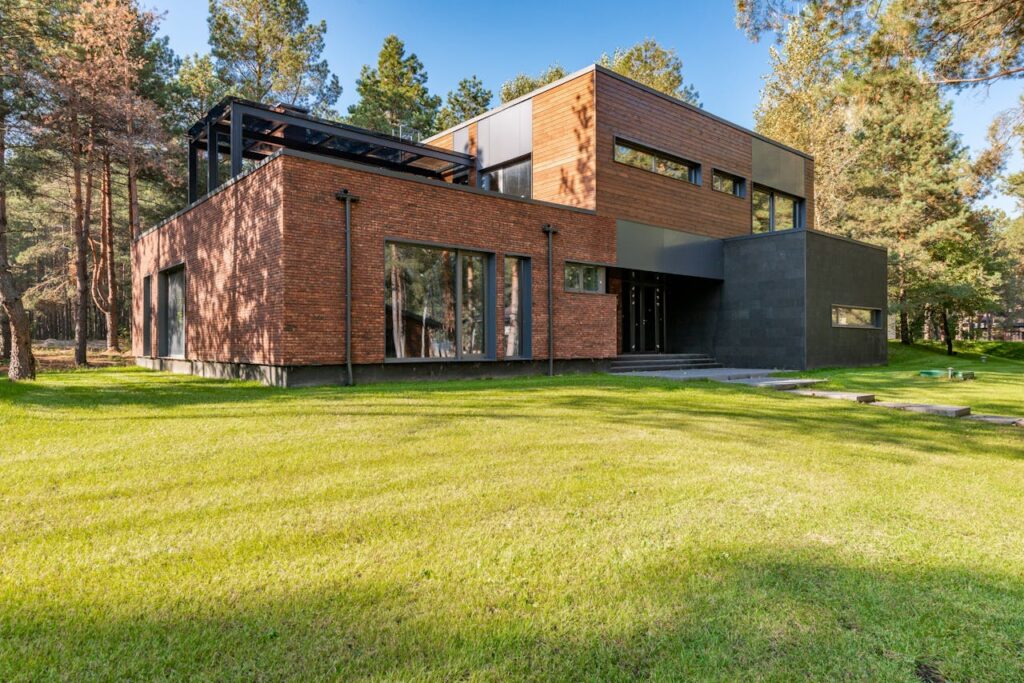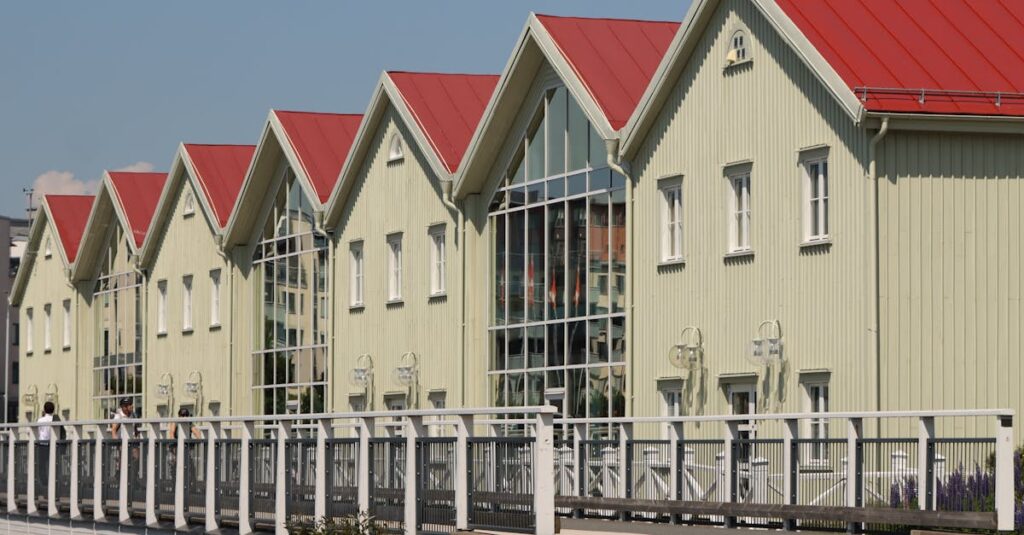House hacking has become a popular strategy for savvy homeowners looking to maximize their investment. By renting out a portion of their property, they can significantly reduce their mortgage payments while building equity. This innovative approach not only eases financial burdens but also opens doors to a more flexible lifestyle.
The benefits of house hacking extend beyond just financial relief. It fosters a sense of community and can lead to valuable connections with tenants. Additionally, it provides an opportunity for individuals to learn about property management and real estate, setting the stage for future investment ventures. Embracing house hacking can transform the way people view homeownership, making it not just a dream but a viable path to financial freedom.
Table of Contents
ToggleUnderstanding House Hacking
House hacking allows homeowners to generate rental income by utilizing part of their property, thereby lowering mortgage expenses and enhancing financial security. It serves as a practical strategy for achieving homeownership while fostering community connections.
What Is House Hacking?
House hacking refers to a real estate investment strategy where homeowners rent out a portion of their residence to offset housing costs. This arrangement can take various forms, such as renting out a spare room, leasing a basement suite, or converting a property into multiple rental units. By implementing house hacking, homeowners can lower their monthly mortgage payments, build equity, and create an additional income stream.
Different Methods of House Hacking
- Room Rentals: Homeowners rent out spare rooms in their residence, attracting short-term or long-term tenants. This approach maximizes occupancy and generates steady cash flow.
- Basement Suites: Homeowners convert basements into livable units, allowing for independent living spaces for tenants. This method typically involves installing basic amenities like kitchens and bathrooms.
- Multifamily Properties: Homeowners purchase duplexes or triplexes, living in one unit while renting out the others. This strategy allows for increased rental income from multiple dwelling units.
- Co-living Arrangements: Homeowners create co-living environments by sharing space with multiple tenants. This fosters community and reduces individual housing costs for everyone involved.
- Short-Term Rentals: Utilizing platforms such as Airbnb, homeowners rent out their property or a portion during peak tourist seasons or local events. This can yield higher rental income compared to long-term leases.
Each method has unique benefits and challenges, allowing homeowners to tailor their approach to fit their financial goals and lifestyle preferences.
Financial Advantages of House Hacking

House hacking offers multiple financial advantages that enhance homeownership and investment strategies. It provides homeowners an opportunity to significantly reduce living expenses while facilitating wealth accumulation through real estate.
Reducing Living Expenses
Renting out a portion of a property lowers monthly mortgage payments. Homeowners can cover up to 50% of their housing costs through rental income, depending on the rental rate and property type. Savings from reduced living expenses allow for redirected funds toward savings, investments, or other financial goals. Additionally, maintenance costs can be shared with tenants, further mitigating homeowner expenses.
Building Wealth Through Real Estate
House hacking accelerates equity growth in real estate investments. Generating rental income contributes to consistent cash flow, allowing homeowners to reinvest profits. Appreciation in property value enhances overall net worth, with average annual appreciation around 3-5%, depending on market conditions. Utilizing house hacking as an investment strategy fosters long-term financial stability, establishing a foundation for future investments or property expansions.
Lifestyle Benefits of House Hacking
House hacking provides several lifestyle benefits that enhance personal well-being and community engagement. It allows homeowners to live more comfortably while cultivating connections with others.
Greater Flexibility and Freedom
Greater flexibility and freedom stem from the ability to reduce living expenses through rental income. Homeowners can adjust their lifestyles without the burden of high housing costs, enabling them to pursue travel, education, or entrepreneurial endeavors. Renting out a portion of the property provides the opportunity to explore various living arrangements, such as converting a basement into a separate unit or sharing space with roommates. This adaptability transforms properties into multi-functional spaces while offering financial relief that supports lifestyle aspirations.
Community and Networking Opportunities
Community and networking opportunities arise naturally from house hacking arrangements. By inviting tenants into the living space, homeowners foster connections that can lead to lasting friendships and support networks. Engaging with diverse individuals enhances social interactions and creates a sense of belonging. Attending local events together or sharing neighborhood resources builds a community atmosphere, enriching the living experience. Networking with tenants may also offer various benefits, such as collaborative projects, shared interests, or potential business partnerships, expanding both personal and professional relationships.
Potential Challenges of House Hacking
House hacking presents valuable opportunities, but it also entails several challenges. Managing tenant relationships and addressing property maintenance issues are two critical areas where homeowners might face difficulties.
Managing Tenant Relationships
Managing tenant relationships requires patience, communication, and clear expectations. Homeowners must establish rules and boundaries to ensure a positive living environment for all residents. Conflicts can arise from differing lifestyles, noise levels, or maintenance requests. Ensuring timely and effective communication can mitigate misunderstandings and promote harmony between parties. Conducting thorough tenant screenings helps in selecting compatible individuals, minimizing potential disputes. Additionally, homeowners should remain approachable to foster trust, encouraging open dialogue about concerns.
Dealing with Property Maintenance
Dealing with property maintenance poses another significant challenge. Homeowners are responsible for keeping the property in good condition, which includes responding to maintenance requests promptly. Unexpected repairs can incur costs and disrupt tenant satisfaction. Developing a routine maintenance plan can prevent larger issues from arising, maintaining property value and tenant retention. Choosing reliable contractors for repairs and upkeep also plays a vital role in ensuring smooth operations. Vacancies can occur during lengthy repairs, impacting rental income and increasing stress on finances. Balancing maintenance responsibilities while managing tenant expectations is crucial for a successful house hacking experience.
House hacking stands out as a powerful strategy for homeowners seeking financial relief and growth. By leveraging rental income, individuals can significantly reduce their living expenses while fostering community connections. This approach not only accelerates equity growth but also opens doors to financial independence and new opportunities.
Though challenges exist in managing tenants and property upkeep, the rewards often outweigh the difficulties. With careful planning and proactive management, house hacking can transform a property into a source of income and a vibrant living space. Embracing this strategy can lead to a more fulfilling lifestyle and pave the way for future investments.













